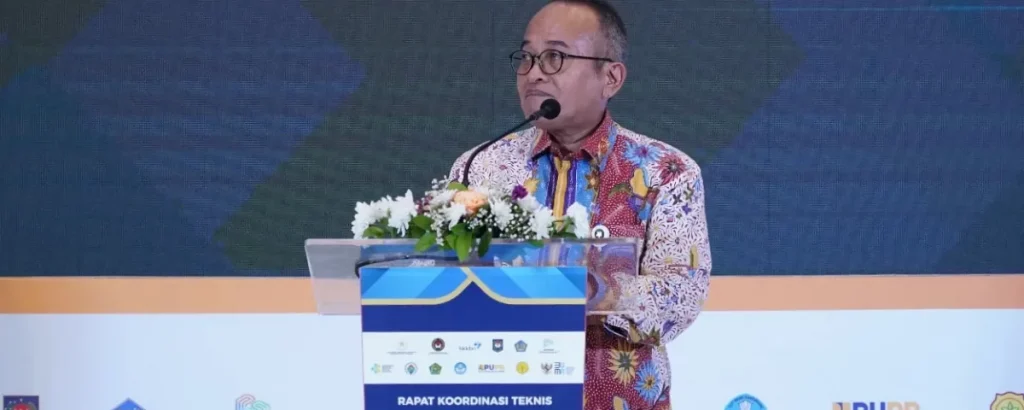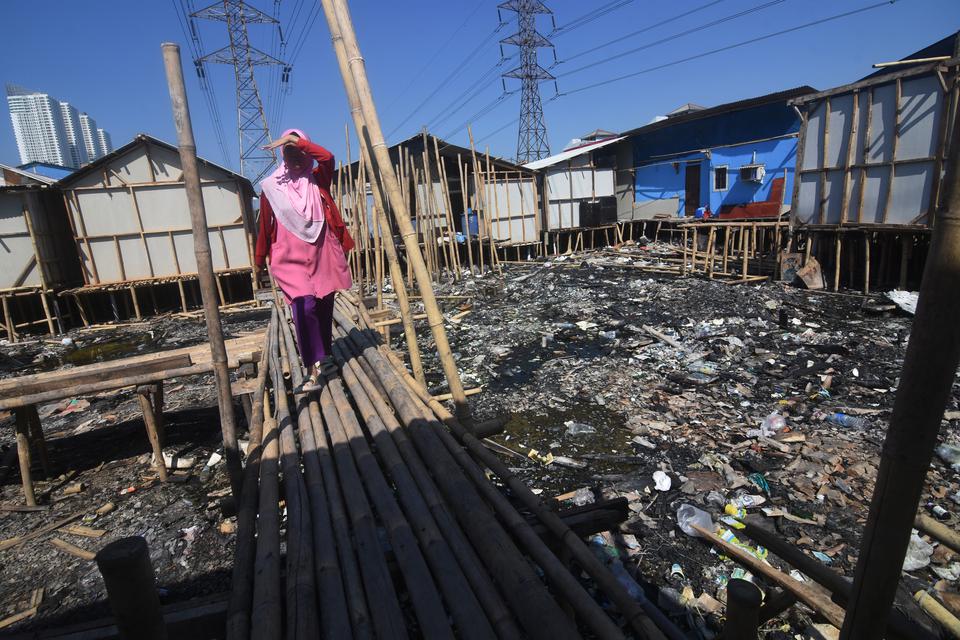Negative Economic Growth, Need to Improve Social Protection
JAKARTA, KOMPAS.com – Indonesia's economic growth was minus 5,32 percent in the second quarter of 2020.
Household consumption, which supports national economic growth, also contracted 5,51 percent. On the other hand, government spending, which has an important role in supporting the economy amid the downturn, actually contracted deeper by 6,90 percent in the second quarter of 202.
Reflecting on this data, Executive Director Prakarsa Ah Maftuchan said the decline in household consumption was a signal for the government to immediately evaluate social protection programs in efforts to deal with Covid-19.
According to him, the government needs to consider a universal basic income policy, namely unconditional cash assistance for all citizens, in an effort to boost household consumption.
"Universal income guarantee can be given to all citizens of productive age and the elderly for a minimum of 3 months with a value of Rp. 500.000 - Rp. 600.000 per month," he said in a written statement received by Kompas.com, Thursday (6/8/2020).
On the other hand, said Maftuchan, the government also needs to be more serious in reforming the procedures for accelerating expenditure execution, both at the central and regional and village levels. This is so that economic growth does not return to negative in the third and fourth quarters.
Because, if economic growth is negative for two consecutive quarters, the Indonesian economy will enter a recession phase. This should be avoided.
"History proves that an economic recession has always been synonymous with a decline in people's purchasing power and an increase in unemployment on a massive scale," he said.
Economic Researcher Prakarsa Rahmanda Muhammad Thaariq added, the drop in government spending during April-June 2020 was the worst performance in the last decade. This condition indicates that the current issue of fiscal policy is not yet sufficiently expansive.
"Ministries/institutions, regional governments and village governments must execute government spending," he said.
According to him, the government needs to concentrate on making expansive and effective fiscal policies in leveraging economic growth.
This can be done by making government spending executed as early as possible and with quality. Also directing social assistance in the form of cash and targeting all citizens.
"If the government still prioritizes the targeting approach, then the household group with middle economic income must also be included as a target," said Rahmanda.
Moreover, based on World Bank data, there are 115 million Indonesians who are prone to falling into poverty. Most of this group only have an average consumption level per month between Rp 2 million-Rp 4,8 million.
In addition, most of them are informal workers, so they do not have social security and are often not covered by social assistance from the government.
The government's latest policy of providing cash assistance to formal workers with salaries below Rp 5 million, said Rahmanda, is a good thing. However, this has the potential to 'exclude' groups of informal workers.
"So the universal approach is the most appropriate solution," he added.
Boosting economic growth also needs to be done by encouraging the amount and duration of government spending or social assistance to be more flexible.
"That is, it can be readjusted if economic activity is still not enthusiastic," concluded Rahmanda.
Sumber: Kompas.com



